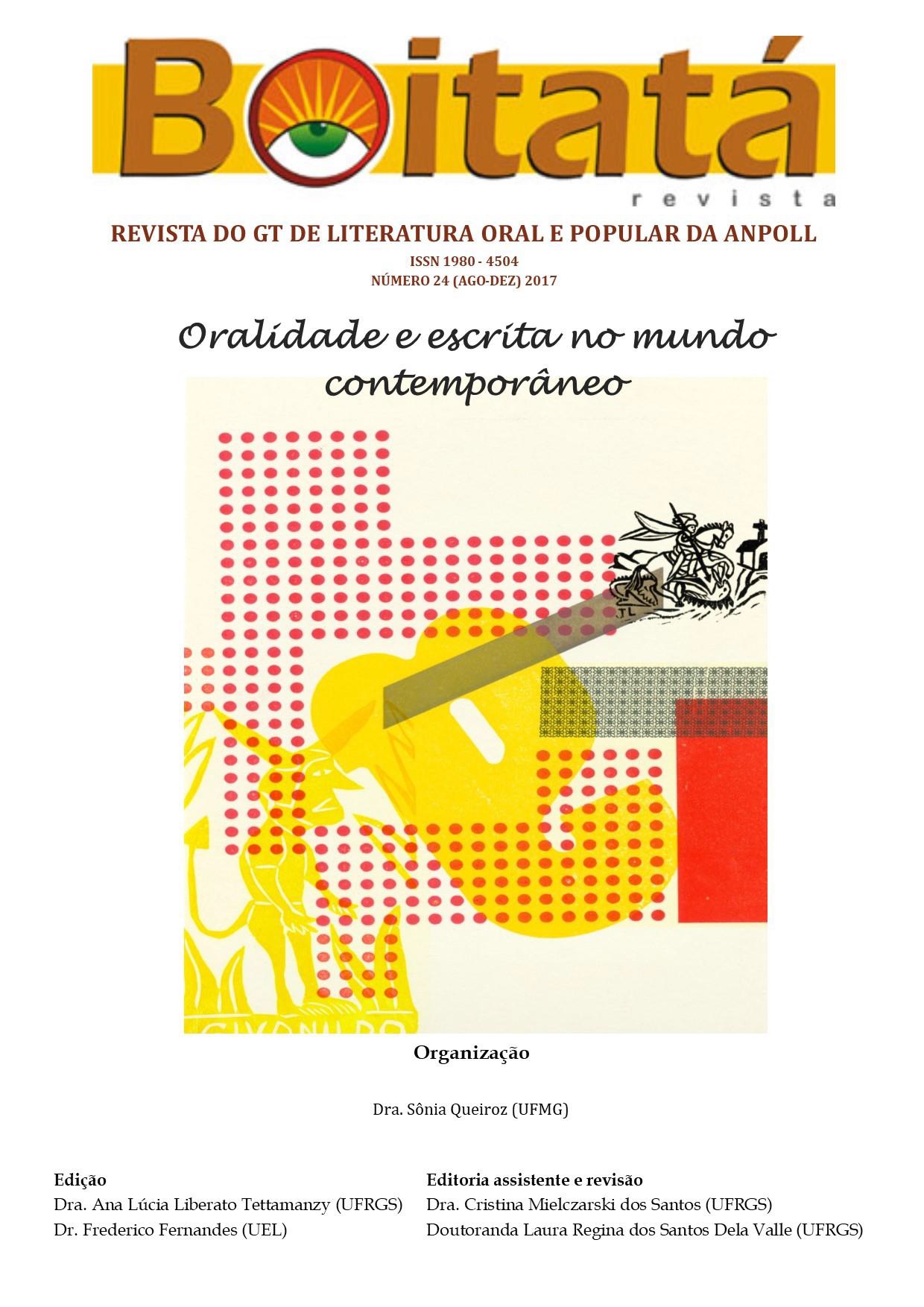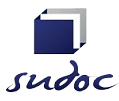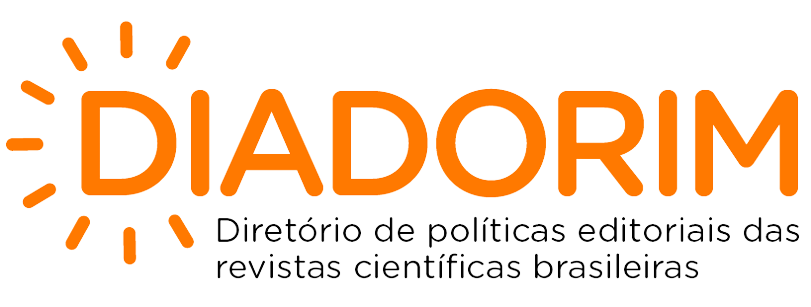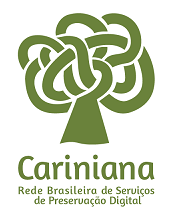“El Guarani that Vienna me, Hormiga, tahi?”: the writing alternative and knowledge located in mar Paraguayo
DOI:
https://doi.org/10.5433/boitata.2017v12.e32952Keywords:
Paraguayan sea, Wilson Well, Guarani, Alternative writing, InterculturalityAbstract
The work Mar paraguayo (1992), by Wilson Bueno, is disconcerting if examined as a whole. recent prose of Brazilian literature, as it brings elements out of the commonly anticipated, much on accountof its language, which mixes languages (Portuguese, Spanish, Guarani) and does not fit pre-established models. These questions involve the fact that the narrator character is a Paraguayan prostitute of Guarani origin, who performs his oralized speech in Portuguese and in his mother tongue, mixing elements of Western culture and culture indigenous, little valued in a westernized society. Support for interculturality was sought (WALSH, 2009) and in the decolonization of thought (CUSICANQUI, 2010) as a way to claim cultural plurality presented in the work, highlighting the character's Guarani origin and the geoculturally situated way of thinking (KUSCH, 2007), mediated by emotions. In this sense, the work was considered as an alternative written literature (LIENHARD, 1990), since it presents elements that make up Amerindian identities. For literary studies, points to the possibility of integrating / interacting knowledge of relational ontologies (ESCOBAR, 2016), important for facing problems that have afflicted the planet, given the relationships of (co) experience between the peoples, between beings and between them and nature.
Downloads
References
BUENO, Wilson. Uma conversa com Wilson Bueno. Suplemento de Minas Gerais, 200. Entrevista concedida a Cláudio Daniel. Disponível em: . Acesso em: 24 jun. 2017.
CUSICANQUI, Silvia Rivera. Ch’xinakax utxiwa: una reflexión sobre prácticas y discursos descolonizadores. Buenos Aires: Tinta Limón, 2010.
ESCOBAR, Arturo. Sentipensar con la Tierra: Las luchas territoriales y la dimensión ontológica de las epistemologías del sur. Revista de Antropologia Iberoamericana, v. 11, n. 1, jan-abr 2016, p. 11-32.
FLORENTINO, N. N. L. Entre gêneros e fronteiras: uma leitura de Mar paraguayo, de Wilson Bueno. 2016, 198f. Tese (Doutorado em Literatura e Vida Social) – Universidade Estadual Paulista, Assis, 2016.
JECUPÉ, K. W. Roda Viva | Kaká Werá | 09/01/2017. Entrevista. 2017. Disponível em: . Acesso em: 18 jul. 2017.
KUSCH, Rodolfo. Obras completas: 1. ed. Rosario: Fundación Ross, 2007.
LIENHARD, Martin. La voz y su huella: Escritura y conflicto étnico-social en América Latina (1492-1988). Ciudad de La Habana: Ediciones Casa de Las Américas, 1990.
PERLONGHER, Néstor. Sopa paraguaia. In: BUENO, Wilson. Mar Paraguayo. São Paulo: Secretaria do Estado do Paraná e Editora Iluminuras, 1992.
RESENDE, Beatriz. A literatura brasileira na era da multiplicidae. In: Contemporâneos: expressões da literatura brasileira no século XXI. Rio de Janeiro: Casa da palavra, 2008.
WALSH, C. Interculturalidade crítica e pedagogia decolonial: in-surgir, re-existir e re-viver. In: CANDAU, Vera Maria. Educação Intercultural na América Latina: entre concepções, tensões e propostas, Rio de Janeiro: 7 Letras. 2009, p. 12-43.
CANDAU, Vera Maria. Interculturalidad, estado, sociedad. Luchas (de)coloniales de nuestra época. Quito: UASB-Abya-Yala, 2009b.
Downloads
Published
How to Cite
Issue
Section
License
Copyright (c) 2017 Boitatá

This work is licensed under a Creative Commons Attribution 4.0 International License.
Boitatá esta licenciada com CC BY sob essa licença é possível: Compartilhar - copiar e redistribuir o material em qualquer suporte ou formato. Adaptar - remixar, transformar, e criar a partir do material, atribuindo o devido crédito e prover um link para a licença e indicar se mudanças foram feitas.




















